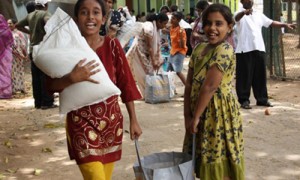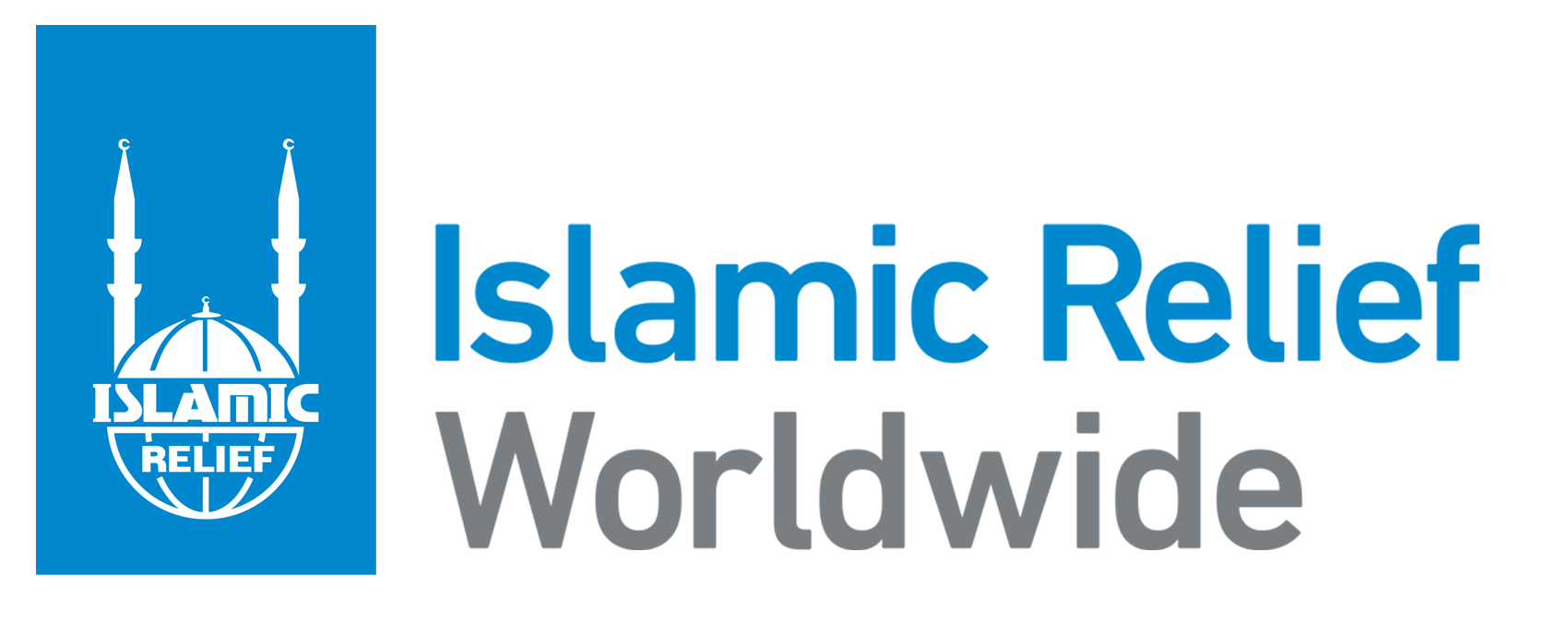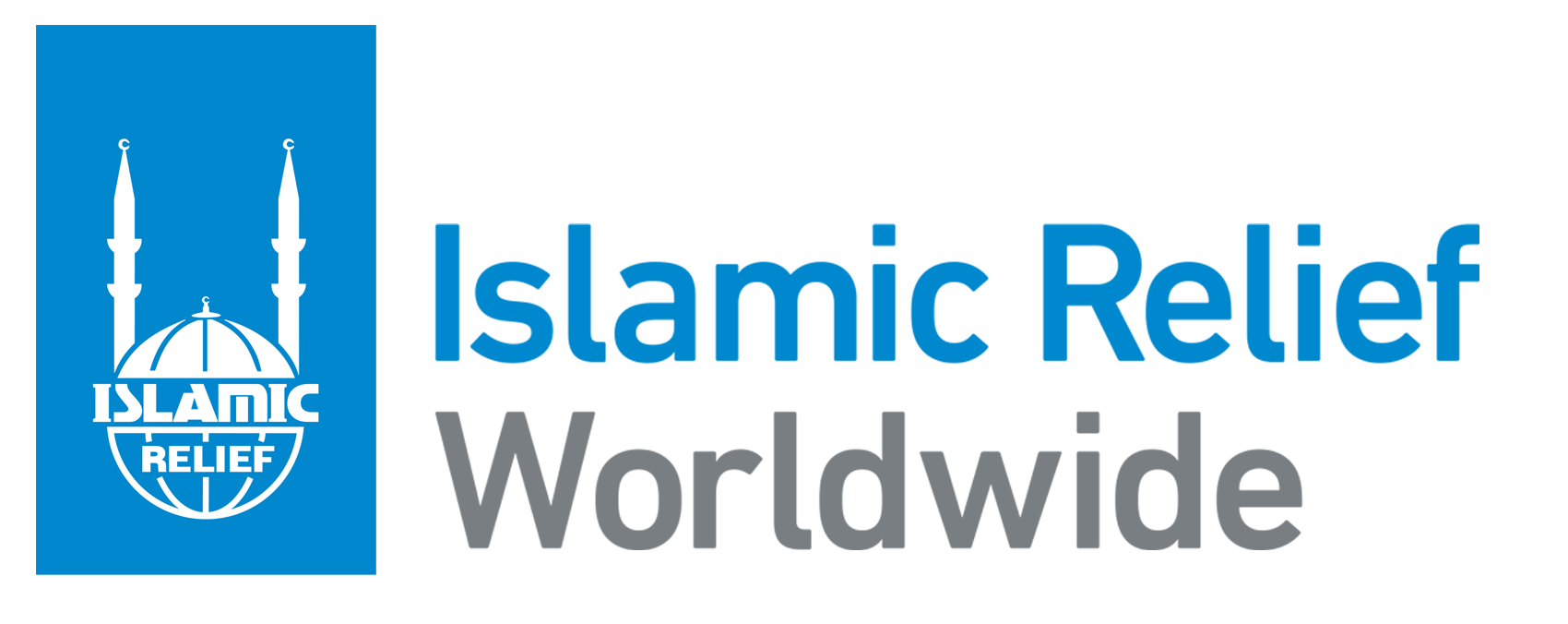Sri Lanka
Economic development in Sri Lanka has been hampered by political instability and deteriorating security. Since three decades of civil conflict ended, poverty has steadily reduced.

However, uneven development has contributed to significant challenges in the country’s poorest areas – including Batticaloa in the Eastern province, Jaffna in the north, and Moneragala in Uva Province.
Sri Lanka is vulnerable to natural disasters. The Indian Ocean tsunami of 2004 killed tens of thousands of people, and destroyed houses and infrastructure.
In addition, climate change is presenting an increasing threat to poor Sri Lankan communities. In the years ahead, less rainfall is predicted in already dry areas. More rainfall is expected in others. The changing trend could see droughts becoming more frequent, and lasting longer. Flooding may also increase in frequency and impact.
Islamic Relief began working in Sri Lanka in 2004, in response to the devastating tsunami.
With emergency and recovery efforts focussing on Ampara, one of the worst affected districts, in two years we had already begun improving resilience in vulnerable communities.
In 2006, we launched our one-to-one orphan sponsorship programme in Sri Lanka – providing vulnerable families with a regular allowance for their basic needs, and enabling children to go to school.
Our most recent emergency response has seen flood affected families in the Eastern province, receiving survival packs.

